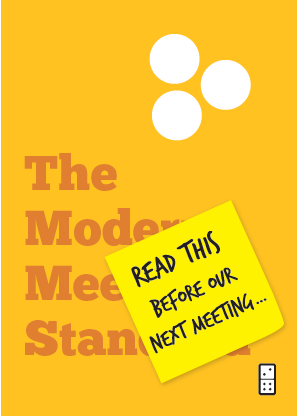The market for books is as wide as it has ever been with over 1,000,000 books a year published, but that's not the whole story. The market is also as shallow as its ever been with the average book selling under 200 copies. That means that authors need to push their book for a longer time frame, overcome the dip that comes for every book once the initial burst of activity happens. But how do you know when to quit? Seth Godin has three helpful questions that can help you decide.
(Photo courtesy of Master isolated images / FreeDigitalPhotos.net)
ARE YOU PANICKING?
Don't make crucial decisions, like quitting, when you are dealing with emotions. Look at the project cooly and logically, or put off a decision until you can. Sales will take a dip on almost every successful product, sometimes you just have to power through it. One great way to counteract the panic is to have a "quitting plan" in place before you start. What would have to happen to make you quit? Answer that question now and stick to it when times are rough later.
WHO ARE YOU TRYING TO INFLUENCE?
Are you focusing on one person at a time, one niche market, or every buyer on earth? Make sure that your efforts are being directed to the right group effectively before deciding that it's not working.
"Influencing one person is like scaling a wall. If you get over the all the first few tries, you're in. If you don't, often you'll find that the wall gets higher with each attempt.
Influencing a market, on the other hand, is more of a hill than a wall. You can make progress, one step at a time, and as you get higher, it actually gets easier. people in the market talk to each other. They are influenced by each other. So ever step of progress you make actually gets amplified" (The Dip, 68).
WHAT SORT OF MEASURABLE PROGRESS ARE YOU MAKING?
Are you moving in the right direction? Often when you are are trying to tip a scale in a large market, it takes a long time to build momentum. Make sure that you are measuring progress realistically and effectively. Don't be content with no movement at all, but realize that the larger the market is the harder it will be to reach critical mass.
Push through "writer's dip" and if your work is good it will succeed. At the very least, don't quit before you have given it the chance.
Read our full review of Seth Godin's book, The Dip, here.













